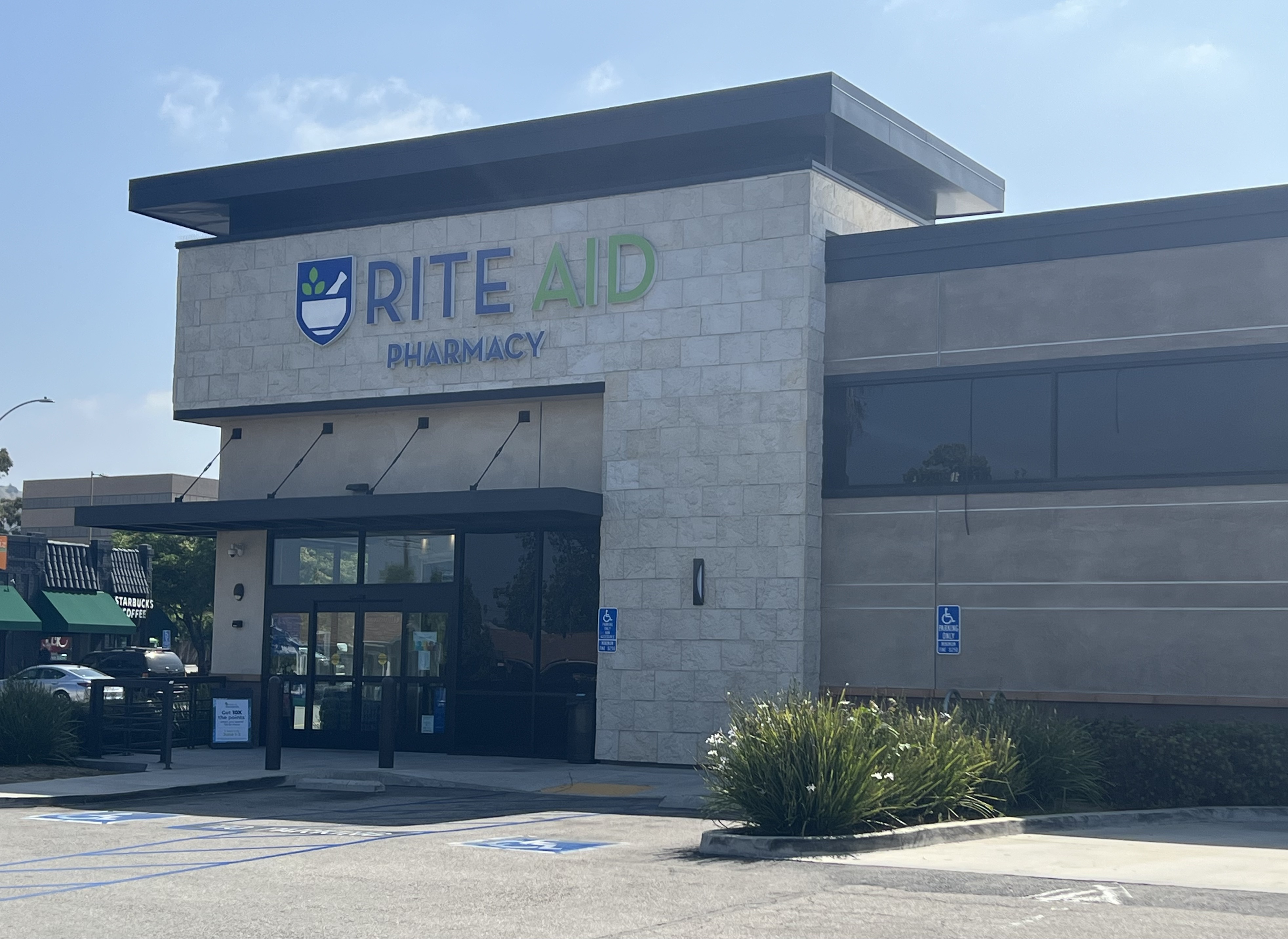Pass on GMO bill
Published 6:31 pm Thursday, March 28, 2013
Its hard not to sympathize with Oregon lawmakers caught up in the GMO scare.
Genetically modified organism technologies, which alter a plants DNA to create better crop yields and pest resistance, are derisively known to produce Frankenfoods: soybeans, corn, sugar beets and canola that are present in processed foods and might, because of their widespread consumption, create disease or somehow be unhealthful.
The problem is that nobody knows. The science is mixed. The federal Food and Drug Administration says GMO technologies produce crops that are substantially equivalent to traditional crops. Even the persuasive anti-GMO activist Mark Lynas, author of The God Species, reversed course and in January told an Oxford University audience that his careful reading of the scientific literature about GMOs showed him he was wrong the jurys still out.
Thats no reason not to worry. Research on GMOs should continue until it is known that, say, France is either prescient or paranoid in banning the cultivation of GMO crops or that dozens of other countries are smart or disruptive in requiring GMO labeling on foods at the supermarket. Separately, Oregon farmers who fear corruption of their organic and custom crops by neighboring GMO crops legitimately worry they wont be able to accurately label their own products or, when a GMO seed invasion is found to occur, even sell them.
But Oregon lawmakers are now considering several bills that take aim at GMOs, and most would in some form require GMO labeling on foods for purchase. Leading the pack is House Bill 2532, sponsored by Rep. Paul Holvey, D-Eugene.
Under this proposed law, any food deriving its growth or production from a GMO would need to feature a prominent statement on the packaging that it contains genetically altered material. Never mind that more than 80 percent of the soybeans, corn and beet sugars produced common ingredients in processed foods feature genetically altered material. Never mind that the bill states it is necessary for the immediate preservation of the peace, health and safety and that an emergency is declared to exist.
Lawmakers should take a pass on this or any bill like it. As well-intended as such measures are, they court unintended, regressive effects.
Research already shows that positive labels that a food contains something insinuate warning. The consequence of that is the likely suppression of sales, disrupting producers and driving prices up. By contrast, negative labels a packaging statement that a food is free of something are more neutral. But either way, signaling that a food product contains or is free of something of unknown harm is a step closer to declaring an emergency that doesnt exist.
Its enough for now that some grocery sellers take matters into their own hands. Whole Foods, with its upscale clientele, this month announced that it would require labeling on foods containing GMOs in all its 300 stores. But it would do this over five years, to allow producers to adapt to potential signaling about customer preferences.
Meanwhile the Legislature should pay close attention to a drive in Jackson County, where voters will in 2014 vote on a measure that bans growing genetically altered crops, with enforcement falling to the county. While the measure would protect the countys many small organic farmers, it could open the door to similar county-by-county initiatives and enforcement confusion statewide. A bill now floated by Sen. Jeff Kruse, R-Roseburg would block Jackson Countys measure by designating the state as the authority to regulate seeds, a better way to go.
Someday the science will be clear enough for rational, rather than fear-based, choices about foods deriving from GMOs. But its not now.





